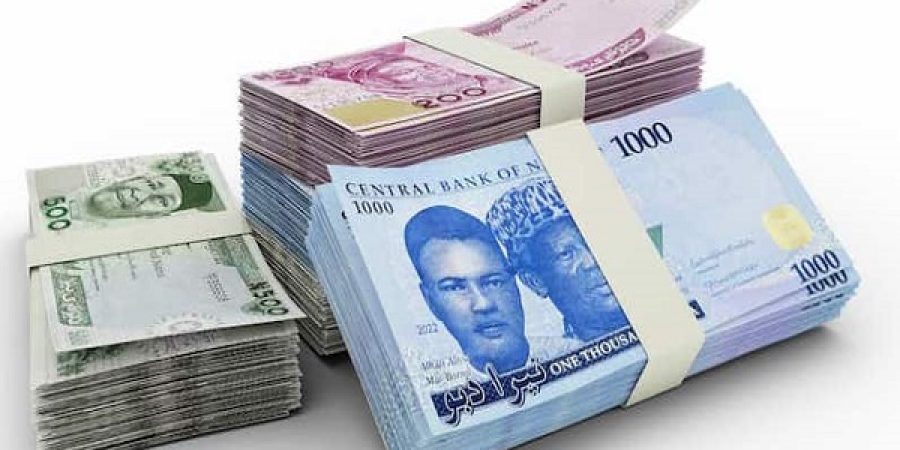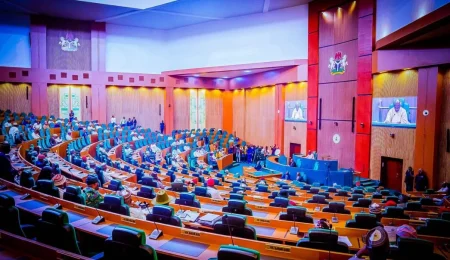The Central Bank of Nigeria (CBN) has set a daily withdrawal limit of N100,000 per customer on point-of-sale (PoS) terminals as part of its ongoing efforts to advance a cashless economy.
This new restriction was announced in a circular titled “Cash-out limits for agent banking transactions,” directed to all deposit money banks (DMBs), microfinance banks, mobile money operators, and super-agents.
The CBN explained that the measure is intended to address operational challenges, reduce fraud, and establish uniform standards across the industry.
According to the circular, the CBN has outlined several key directives that all agents must follow. Firstly, issuers are required to set a cash withdrawal limit of N500,000 per customer per week, regardless of the transaction channel.
In addition, agent banking terminals must be configured with a daily maximum transaction cash-out limit of N100,000 per customer, and the cumulative daily cash-out for each agent cannot exceed N1,200,000.
The CBN further instructed that “agent banking services are clearly demarcated from merchant activities and that agents apply the approved Agent Code 6010 for agent banking activities.
“Ensure that agency banking activities are consummated exclusively through agent float accounts maintained with the principals.
“Monitor accounts associated with the agents’ BVN(S) with a view to identifying agent banking activities which may be conducted outside the designated float account(s).”
Moreover, the circular further stated that all agent terminals must be connected to a PTSA, and daily transaction data—including withdrawals, transaction limits, and balances in the float accounts—must be electronically reported to the Nigerian Inter-Bank Settlement System (NIBSS) for submission to the CBN.
The CBN emphasised that principals will be held fully accountable for the actions and omissions of their agents.
The bank has also warned that any violations of these directives will “attract appropriate penalties including monetary and/or administrative sanctions.”
It confirmed that it would carry out oversight activities, including unannounced backend configuration checks, to ensure compliance.
Frances Ibiefo
Follow us on:



